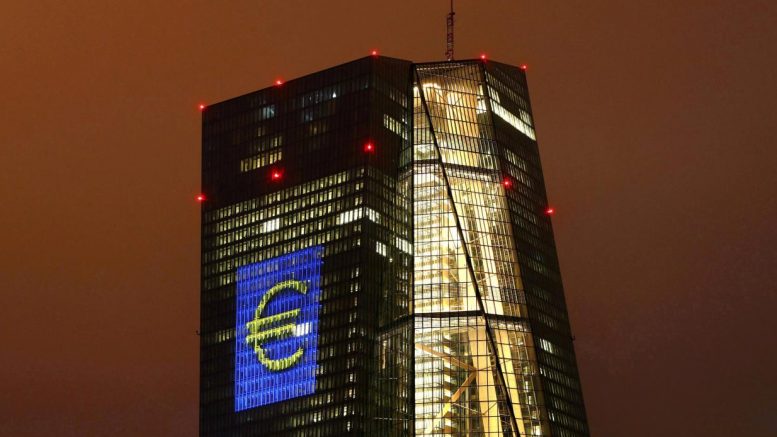Today the European Central Bank will meet again under pressure from the new wave of Covid-19 contagion in the Eurozone. Furthermore, latest inflation data has been disappointing. Will it announce new measures at this meeting? or will it remain in standby mode?
Hence the central bank should signal that it stands ready to provide additional easing if the crisis worsens. François Rimeu, senior strategist at La Française AM, thinks the ECB will keep all options open until the next meeting.
“We also expect Christine Lagarde to emphasise the importance of the coordination between fiscal and monetary policy and push government to do more to lift the euro area economy. All in all, this meeting shouldn’t have a material impact on financial markets.”
On the other hand, Paul Diggle, an economist from Aberdeen Standard Investments, points to three aspects of the decision taking on today’s ECB press conference.
Firstly, what level of concern does the institution presided over by Christine Lagarde have about the second wave of the coronavirus affecting Europe, as well as the renewed slowdown it is causing in the economy.
“Most forecasts do not foresee a double-dip recession but the ECB could be more concerned,” explains Diggle.
Secondly, how is the Governing Council of the monetary authority preparing for further relaxation in December?
“There is always the possibility that they will actually relax monetary policy this week. But it is more likely they will use Thursday to hint at a relaxation in December, when a new set of macroeconomic forecasts will be available.”
And thirdly, is the ECB going to offer any clues about the shape and size this additional easing would take?
“We think that an additional QE is most likely, in the form of a 500 billion euro extension of the PEPP. But other options are possible, and would have important implications for investors.”
Finally, Franck Dixmier, Head of Global Fixed Income Investments at Allianz Global Investors, thinks the tone of the ECB meeting should be decidedly pessimistic. According to the expert:
“The ECB should highlight the deterioration of the macroeconomic outlook due to new constraints resulting from the worsening of the health crisis and its concern about a possible double dip in growth. The composite PMI, which combines activity in the service and manufacturing sectors, stands at 49.4 in October. This is below the 50.4 recorded in September and below the threshold of 50 separating contraction from growth.”





